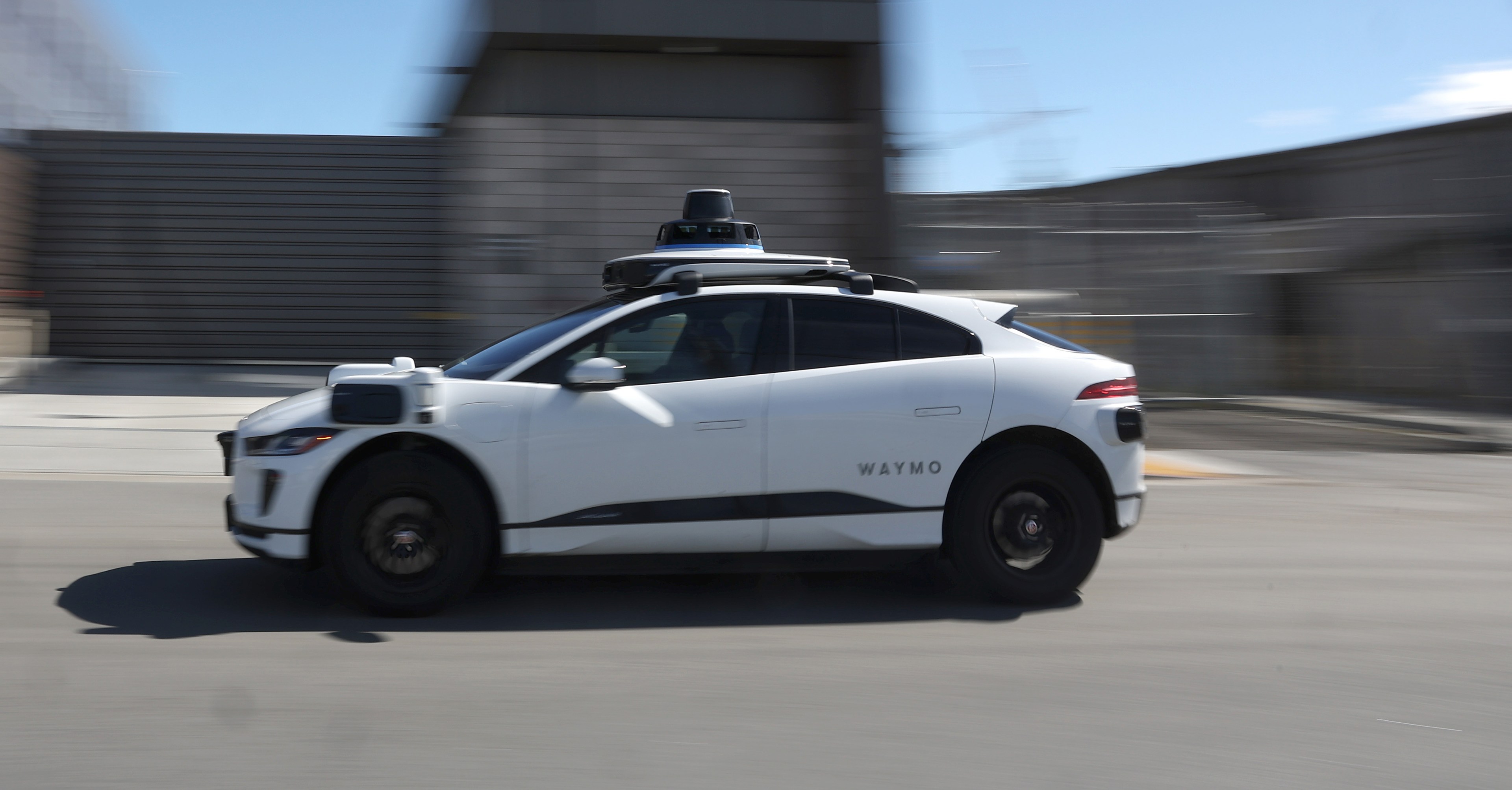As robotaxi companies Waymo and Cruise expanded their services across San Francisco last year, one of the repeated complaints from local officials was about their lack of authority over driverless vehicles traveling on city streets.
Instead, state bodies like the Department of Motor Vehicles and the California Public Utilities Commission regulated the novel technologies, leaving cities and counties largely powerless even as robotaxis entered active crime and emergency scenes and, in one incident, dragged a San Francisco woman underneath.
A new Teamsters-backed bill introduced by state Sen. David Cortese, who represents San Jose, would allow local authorities to put the breaks on and block robotaxi services from operating unless authorized by individual cities and counties. The bill would require that local governments have an ordinance in place to regulate robotaxi companies before commercial autonomous vehicle services are allowed.
SB 915—dubbed the Autonomous Vehicle Service Deployment and Data Transparency Act—would give local governments the ability to establish vehicle caps, service hours and require a system for emergency responders to override vehicle controls.
“It enables cities and counties to do the same things they do with cab service and ride-share around airports,” Cortese told The Standard. “This gets us past square one and into a regulatory environment where local jurisdictions have a say.”
Cortese modeled SB 915 after existing laws surrounding cab and ride-share services, painting it as a much-needed legislative shortcut as lawmakers face a flood of new challenges arising from the rapid development of AI.
The chorus of voices pushing greater regulation of autonomous vehicles has grown since an October incident where a woman in San Francisco was thrown into the path of a Cruise robotaxi and dragged 20 feet after being first struck by a human-operated vehicle.
The incident, along with Cruise’s decision to allegedly hide video footage of the event, resulted in state officials pulling the company’s permit to operate in California. Cruise later pulled all its vehicles off the road as part of a larger reset of its business strategy.
“If this was only a San Francisco problem, the rest of us would be sitting on our hands,” Cortese said, “but like so many things, a big city like San Francisco just outed a problem being faced by cities and counties up and down the state.”
SB 915 would authorize cities and counties to levy service charges or fees to pay for the new regulatory structure. It would also allow local governments to band together to jointly regulate autonomous vehicle services.
Cruise and Waymo did not respond to requests for comment on the proposed legislation.
Assemblymember Phil Ting is also in the process of rolling out legislation that would regulate driverless vehicles by allowing law enforcement officers to write tickets for moving violations like speeding or reckless driving.
In November, Cortese wrote a letter of inquiry to the DMV seeking details on how the agency grants permits for driverless vehicles, what types of violations may lead to their revocation and what protocols are in place to address safety concerns.
The Teamsters have used their considerable political weight to help push for more regulation around self-driving vehicles. During the last legislative session, the labor group sponsored AB 316, which would have required trained human operators in autonomous vehicles weighing over 10,000 pounds.
The bill easily passed through the legislature but was killed by Gov. Gavin Newsom, who wrote in his veto message that under existing law, the DMV “has the authority to suspend or revoke permits as necessary to protect the public’s safety.”
“Our streets should not be private laboratories for untested technology,” Peter Finn, international vice president of Teamsters Western Region, said in a statement. “Local communities deserve a say in how these vehicles operate on their streets.”
Cortese said he doesn’t believe the current agency infrastructure is adequate and has argued for a single executive branch agency that would be responsible for autonomous vehicle transportation, much like the Federal Aviation Administration governs all aspects of civil aviation.
“Because we’re more in a laissez-faire corporate innovative introductory environment right now, there’s a problem of the left hand not knowing what the right hand is doing,” Cortese said.
